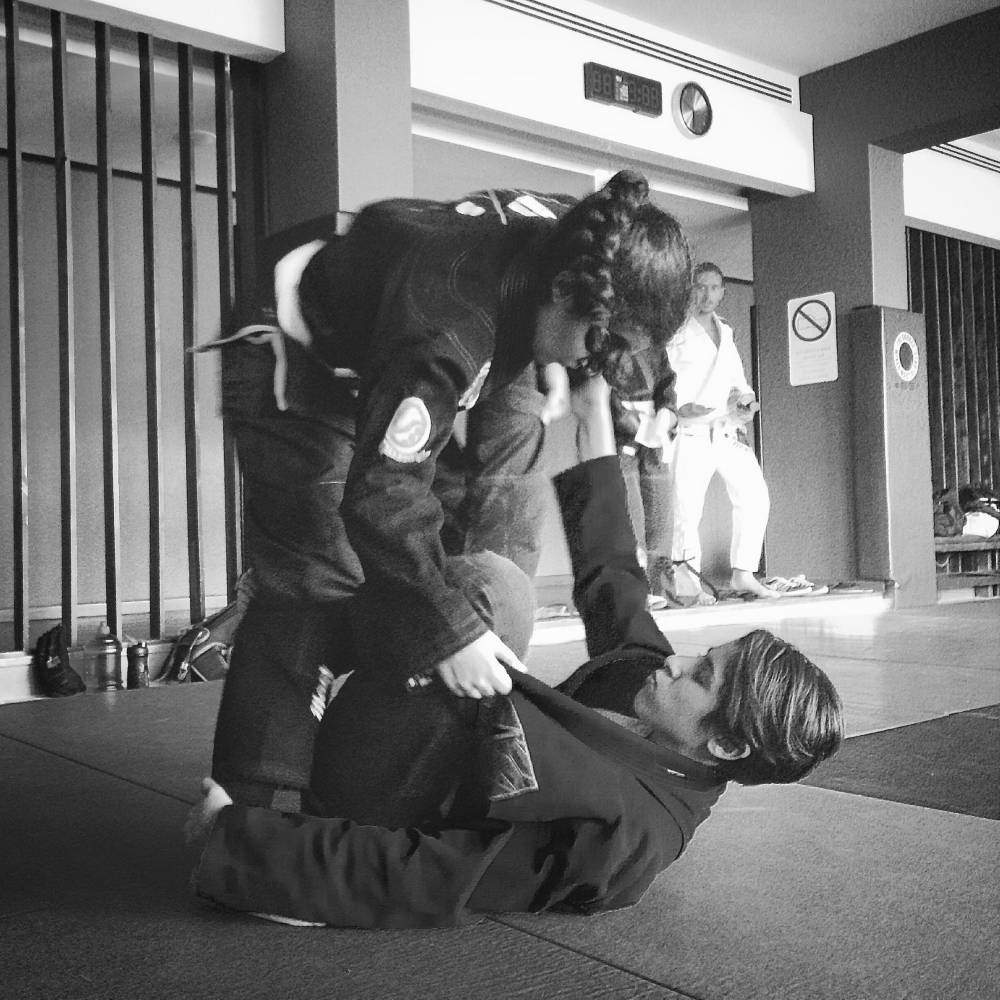Giving agency to Muslim women to tell their own stories is the only way to understand their identity.
Background
A cursory Google search for the term “Muslim women” largely produces a single image: a black sheet. Muslim women are this single stereotype: a black robe covering a brown-skinned, exotic, sexually charged damsel-in-distress. This image brings with it a host of other adjectives that are equally restricting: oppressed, subjugated, silent, invisible.
From Princess Jasmine to the poster for Homeland, these women exist for the pleasure of men, hidden behind screens in a harem, patiently waiting for European colonists to rescue them from their plight. Although it seems farfetched, the idea of “saving” Muslim women has been used as a justification for Western intervention time and time again: from the blue burqas in Afghanistan to the silence over 144 Pakistani children killed by the Taliban in favor of celebrating one.
The assertions that Muslim women suffer are, however, true: female genital mutilation, limited rights for women to seek divorce and recourse after rape, child marriage and lack of education are all major issues in Muslim countries. The symbolic black robes originate in Saudi Arabia, which coincidentally also tops the list of countries where lack of women’s rights, especially the ability to drive, are frequently highlighted. It is indisputable that Muslim countries, most notably those within conflict zones, top the list for most dangerous places for women.
Why Do Stories of Muslim Women Matter?
A one-dimensional portrayal of Muslim women, however, and Muslim women’s issues, erases the multifaceted causes: globalization, conflict and patriarchal systems among them. It hides the fact that many countries, including Iraq and Afghanistan, had advanced women’s rights before the brutal conflicts and intervention they now face.
Furthermore, this narrative ignores the stories of Saudi women who defied the driving ban, the disproportionately higher number of educated women in countries such as Qatar and Pakistan, and the movement toward trendy “hijabinista” fashion and high clothing lines dedicated exclusively to Muslim audiences. It obstructs the stories of pioneering young women like Farah al-Zahrani, Yasmine El Baggari, Haneefah Adam and Amani Al-Khatahtbeh from being heard.
It also glosses over the emergence of Muslim feminists such as the late Fatima Mernissi and Amina Wadud and their attempts to engage meaningfully with religious texts to redefine what it means to be Muslim and a woman. The struggles with and against patriarchal systems, abuse and even women’s spaces in mosques are not only ongoing, but increasingly evident.
If only the first narrative exists, Muslim women are forever the silent victims, unable to speak for themselves and waiting for a savior. It creates a binary between the “empowered” girl and the “Muslim girl”—validating the idea that the only way to be “empowered” is to also be globally north or “Western.” This identity is tied closely with the idea of being individualistic, a commodified consumer and, in some cases, secular. While some Muslim women might choose to embrace this “girl power” flavored identity as a valid form of self-expression and identification, allowing it as the only options silences any other definitions of empowerment.
The two strains of this identity—what it means to be “Muslim” and what it means to be a “woman”—are an ongoing negotiation for most women that is both complex and nuanced. Reducing this process to a single image or stereotype is both counterproductive and reductive.
The response of an increasing number of Muslim women is an insistence on performing their own identities in the public sphere. Whether this means becoming a Brazilian jiu-jitsu artist, a competitive boxer, a business owner and entrepreneur or an activist, Muslim women are eschewing the idea that they must adhere to anybody’s standard and critiquing the identities forced upon them by outside forces, including globalization.
The only way to understand what it means to be a Muslim woman is to listen to the stories of Muslim women.
The views expressed in this article are the author’s own and do not necessarily reflect Fair Observer’s editorial policy.
Photo Credit: Faiz Zaki / Shutterstock.com / Elena Koshevaya
 We bring you perspectives from around the world. Help us to inform and educate. Your donation is tax-deductible. Join over 400 people to become a donor or you could choose to be a sponsor.
We bring you perspectives from around the world. Help us to inform and educate. Your donation is tax-deductible. Join over 400 people to become a donor or you could choose to be a sponsor.
For more than 10 years, Fair Observer has been free, fair and independent. No billionaire owns us, no advertisers control us. We are a reader-supported nonprofit. Unlike many other publications, we keep our content free for readers regardless of where they live or whether they can afford to pay. We have no paywalls and no ads.
In the post-truth era of fake news, echo chambers and filter bubbles, we publish a plurality of perspectives from around the world. Anyone can publish with us, but everyone goes through a rigorous editorial process. So, you get fact-checked, well-reasoned content instead of noise.
We publish 2,500+ voices from 90+ countries. We also conduct education and training programs on subjects ranging from digital media and journalism to writing and critical thinking. This doesn’t come cheap. Servers, editors, trainers and web developers cost money.
Please consider supporting us on a regular basis as a recurring donor or a sustaining member.
Support Fair Observer
We rely on your support for our independence, diversity and quality.
Will you support FO’s journalism?
We rely on your support for our independence, diversity and quality.






